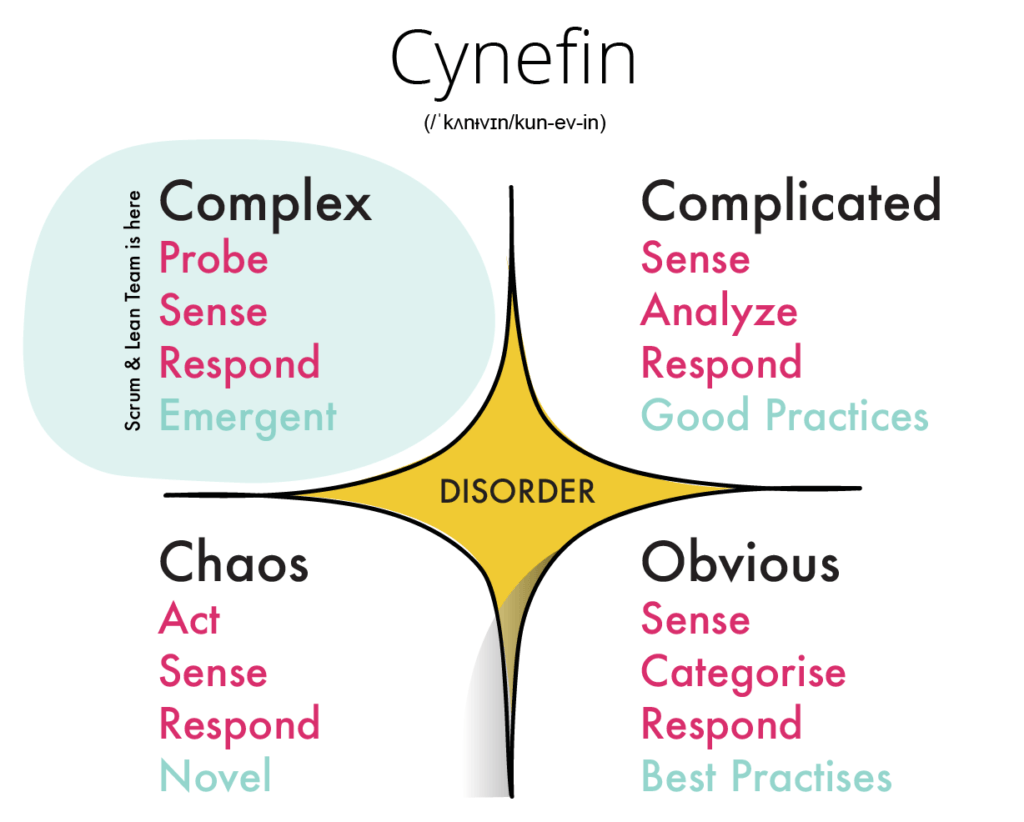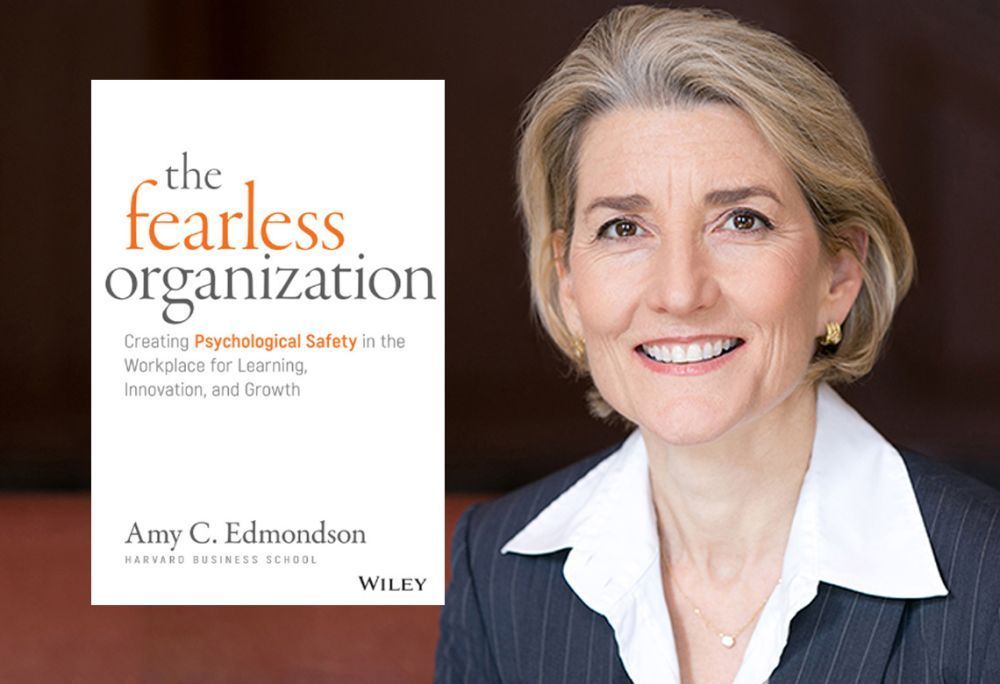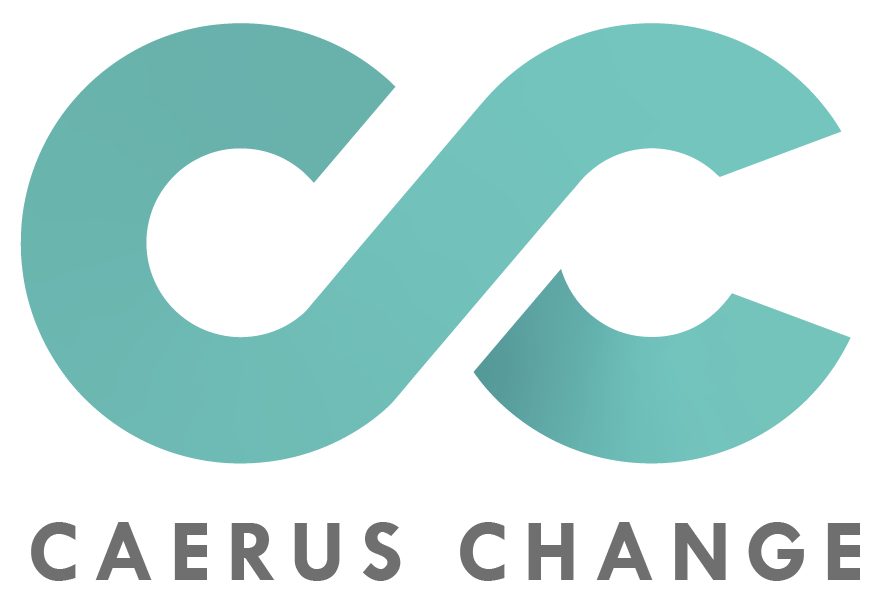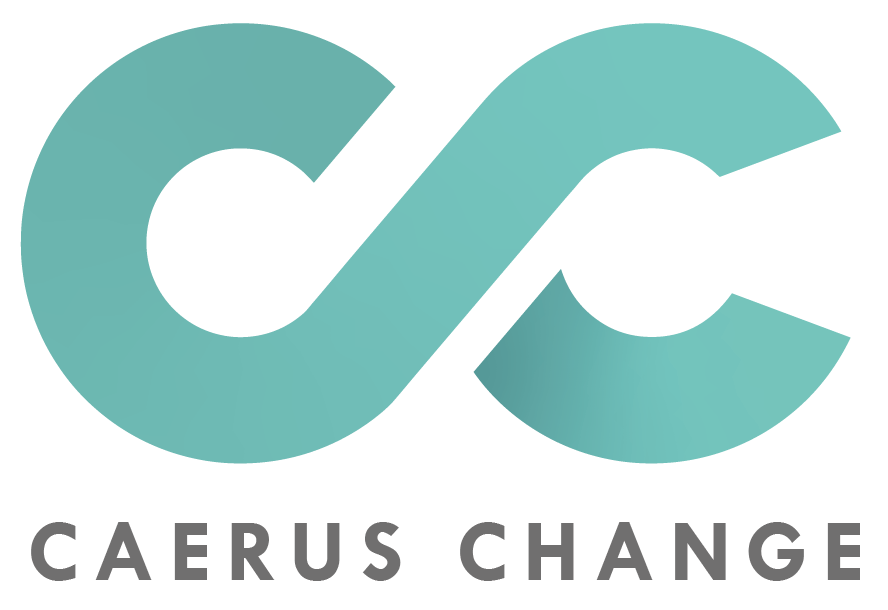Inviting Participation. Psychological Safety, Blogging and Emergent Practice
Inviting Participation:
Psychological Safety, Blogging & Emergent Practice

Those of you who are familiar with David Snowden’s Cynefin framework will have a sense that the days of ‘best practice’ are pretty much dead and gone in most organisations. I’m struggling to think of one that has a simple and stable operating model or market conditions these days. Certainly, most organisations dipped into chaos to varying degrees during the Covid pandemic where novel practices arose out of crisis. As we emerge out of the latest wave of the pandemic the question is – how do we equip leaders, teams and organisations to genuinely thrive and flourish in complex and complicated operating environments?
Those of you who have navigated your way to The Fearless Organization and the thought leadership of Amy C Edmondson will no doubt have done so as you see it as a practical approach to this question. If you’ve undertaken training with us over the last couple of years you are now part of a growing global community of practice.
This blog is an invitation to that community to participate further. Further in what?
Sharing good and emergent practice. Whether you’ve trained in using the Fearless Organization Scan (FOS) or the Leader’s Toolkit (LTK) we’d love to hear about your learning in applying them in organizations. Every time I facilitate a debrief on the FOS I discover something new about the power of the seven questions and what they reveal about team dynamics and creating the conditions for high functioning teams. Every time I facilitate a workshop on LTK or apply it in my own working life I learn something new about the interaction of Setting The Stage, Inviting Participation and Responding Productively.
So, this is Blog #1 of what I hope will be many. Certainly, the Caerus Change team intend to share ‘notes from the field’ regularly. It’s part of co-creating a learning organization and fits with one of our core values of abundance. So, if you’re reading this and feel inspired to contribute, please send Sarah@Caeruschange.com your blog. Within reason, we won’t look to edit it. We simply request that it meets three basic criteria:
- It’s about the practice of psychological safety
- You share your learning ‘from the field’
- You go one step further, and share some learning from ‘mistakes’
It doesn’t have to be grandiose. It doesn’t need to be a five-year research study or a neatly presented case study – it can just be emergent insight and learning from doing the work. One aspect of our vision at Caerus Change is to:
Be at the centre of the global conversation about what works through sharing ongoing action research and compelling case studies
Another is to:
Grow a vibrant Community of Practice in Europe and around the world
We’re already doing this but this blog is in service of both and encouragement to contribute to something generative and bigger than us all. My fundamental belief is that collective intelligence is always superior to any one individual. Knowing that we’ve trained hundreds of people (and that continues to grow), if everyone shares some learning it wouldn’t take long to have enough for The Fearless Organization: The Field Book. Will that happen? Who knows. But what we can begin to do is document stories, learning and what works in practice to increase psychological safety, collaboration, innovation and performance in complex and complicated operating environments. We all learn together and from each other as a community of practice.
Taking a steer from Amy about vulnerability, why don’t I go first?
Bad News Doesn’t Get Better With Age
I recently ran Introduction to Psychological Safety sessions for about 1,100 people leaders in an organisation that fulfils a very important purpose for the UK and which works with hazardous materials every day. No wonder that psychological safety would be important to extend and deepen an existing culture of physical safety. In one of the MS teams sessions with 200+ leaders, having broken off into small breakout rooms to discuss the seven questions of the FOS, we came back into main plenary and invited participation. What had come up in discussions? One of the themes that emerged was about our relationship to mistakes in organizational life, and in an environment where mission critical projects are involved, what it’s like to have to share bad news upwards. ‘Do I tell them what they want to hear or do I tell them what’s actually going on?’ As this dialogue started to unfold one of the Executive Directors shared a simple statement that communicated something very powerful about what he valued as a member of the Executive Team: “Bad news doesn’t get better with age.” The cultural transformation journey is just beginning with this organisation but in micro-moments like these something important happens in changing shared narrative (and behaviour).
Avoiding Risk: The Paradox of a Safety Culture
Three months earlier I ran a similar session for the top 70 leaders in the same organisation. We surveyed them all on the FOS and again, invited them to discuss the seven questions in light of their lived experience at work. As always with inquiry, many interesting themes started to emerge. When we got to talking about our relationship to risk in organisational life, again a very powerful moment emerged from the dialogue. Given the highly hazardous nature of their work, risk is an interesting topic in this organisation. As the dialogue unfolded and the mic worked around the room it found its way to a member of the executive team. Here’s what he said: “It strikes me that over the last ten years or so we’ve been avoiding risk. Given the imperative we now have about innovation we all have to actively manage risk and calibrate for it…pretty much every conversation I have with x (the CEO) is about this.” Again, this was a key moment of the shared narrative of this executive team. There’s much further to go for this organization but their journey has begun. One of those next steps will be running an intact team debrief on the FOS with the CEO and her executive team, and then doing the same for each of its members and their direct reports.
The more I practice inquiry with groups and teams the more I understand that I am not there to teach them anything. They often request an ‘expert’ on psychological safety but that can be a dangerous hook to seduce the ego. After Setting The Stage / Framing The Work, the best way I can demonstrate any kind of expertise in psychological safety is by Inviting Participation and Responding Productively. The team or group always then access their own collective intelligence about the topic and I continue to be in awe about what I learn from others about how it plays out in day-to-day organisational life.
Learning From ‘Mistakes’
Here’s a medium sized one to begin with. I’m sure some bigger ones will emerge over time :)
Size Matters
Last year a global pharmaceutical company we’ve been working with requested a FOS debrief for their Head of Global Pharma Manufacturing and her team. Essentially this was the leadership team guiding performance and delivery at manufacturing sites in Europe, the Americas and APAC regions in the middle of the pandemic. We have a standard agreement with the company about pricing and scope/size of team for just one facilitator (up to 12). On this basis we began the work. A little way into the contracting with the leader it turned out they wanted to survey 15 team members for the debrief. At this point I should have re-contracted and brought in a second facilitator, but I shied away from having a conversation of compassionate candour about the implications of such a large team and the additional potential cost – instead I took it on.
Many clients when they first start working with us wonder why we recommend a minimum of 4 hours for a debrief on just 7 questions. For many fast-paced organizations it just doesn’t compute. But those who have trained with us know the importance we place on conversational turn taking and inquiry rounds. Given these principles, running an effective debrief is simply a matter of maths. If the intention is to hear from each team member on each of the four dimension of the FOS, the more team members you have, the less time each has. As teams get bigger two things are likely to happen: 1) either the facilitator lets go of the process and the team plays out its usual pattern of who speaks up and who doesn’t or 2) given time constraints everyone shares, but brief and shallow. Insight dialogue gets squeezed. Paradoxically the source of transformational insight usually resides within outliers – those who score lower on the FOS. If the team really want to understand how to increase psychological safety, collaboration, innovation and performance in the team it helps to lean in and listen up to those that don’t feel psychologically safe. If time is squeezed, that’s less likely to happen.
On reflection the session I facilitated was OK. I didn’t drop the process but given the size of the team and time constraints, contributions were squeezed. Transformational insight was accessed. One Head of Region identified from Attitude to Risk & Failure that they needed to recontract with their Global Head about the trials and rapid-prototyping they wanted to do in their region – they wanted to do more. As a team they also identified that they wanted to focus on Open Conversations. During the pandemic they had switched from regular 2-day face to face meetings where they had an opportunity to deep dive on big issues and joint problem solve wicked problems, to a pattern of busy, full agendas of virtual ‘download’ meetings. The FOS gave the team the insight that they needed to re-instigate a forum to access their collective intelligence on key wicked problems.
My reflection after the session was that while the team did leave with individual and collective actionable insight 1) I was exhausted from holding the process of inclusion for so many and teasing out insight from more reticent/introverted team members, and 2) with a second facilitator everyone would have experienced a much more powerful session with far deeper insight. Fortunately, with learning you usually get an opportunity to apply it. I’ve just been asked to facilitate a FOS debrief in the same company with the Chief Diversity, Equity & Inclusion Officer and her team. In the initial brief one of the first questions I asked was ‘how big is the team?’ The answer: ‘15’. Suffice to say, I won’t be making the same mistake again – I requested a second facilitator and provided a costing for that. I’ve also applied this same principle now with another client – the rule of thumb we have agreed is that if there is 10 or more team members we bring in a second facilitator. It leads to better outcomes and transformational insight. There is such a thing as false economy.
I hope this blog offers a sense of a dialogue beginning or perhaps simply continuing. The invitation is a genuine one…to participate. All ideas, questions, concerns and mistakes are truly welcome.
Blogs to Follow:
- Collective Intelligence Is Not The Same As Group Think
- Advanced Facilitation: How our Action Logic influences our capacity to facilitate transformational change
- Facilitating Transformational FOS Debriefs: Guidelines & Suggestions
- Be Present, Be With, Hold Space






